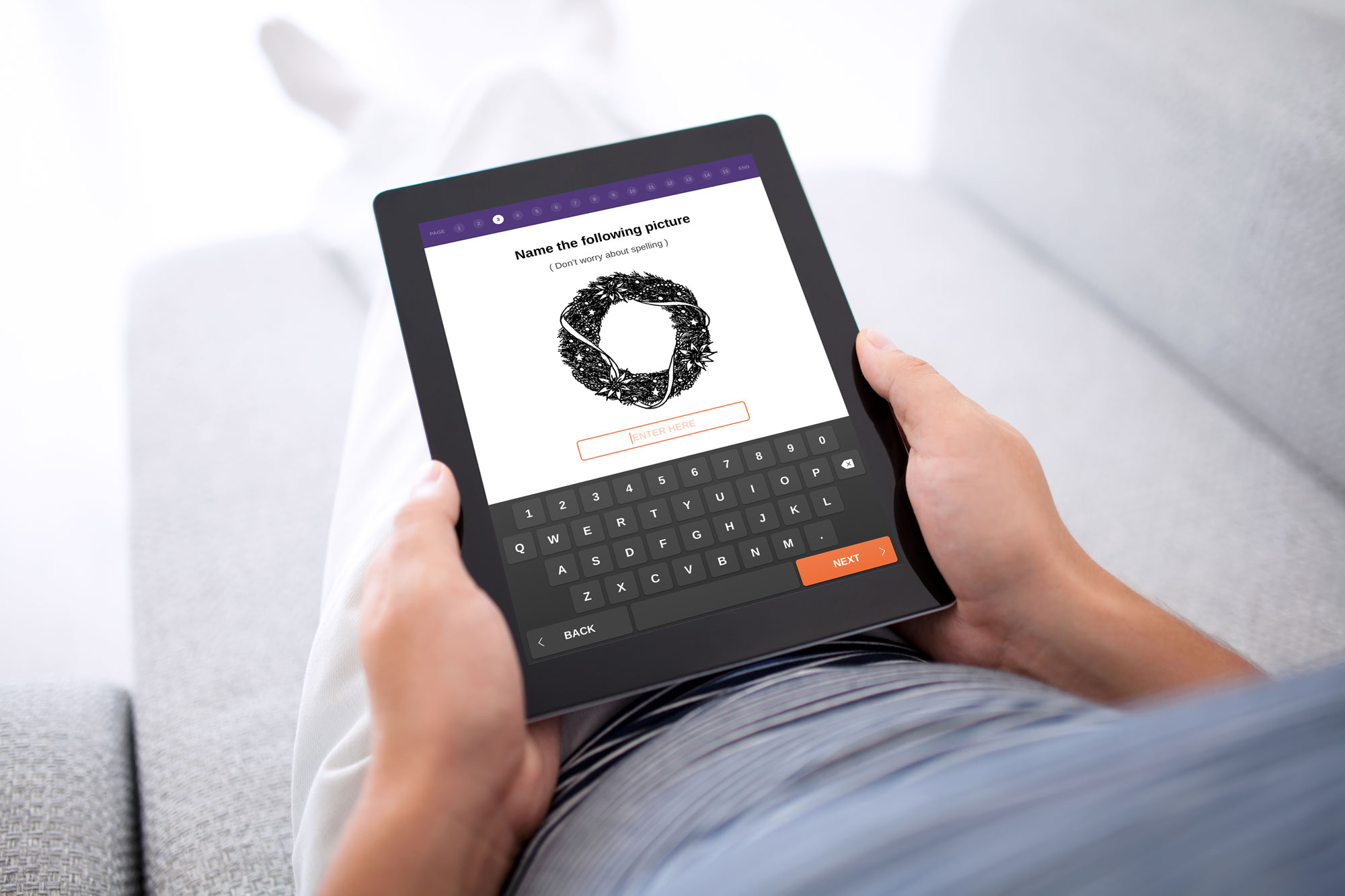Exciting Progress Has Been Made Towards a Potential Alzheimer’s Drug Discovery
Without fully understanding Alzheimer’s disease in terms of its cause, it’s been challenging for researchers to come up with effective treatment options. At this point in time, there is no cure — but that could all change.
We now know more than ever, and in the past five to ten years, Alzheimer’s research has reached impressive new heights. With this most recent discovery, we could be closer to a potential Alzheimer’s drug discovery. That would, of course, be a game changer for those diagnosed with this progressive disease.
Study Finds a New Brain Death Pathway, Leading to a New Era of Drug Discovery
Discovering how brain cells die may not sound all that exciting or encouraging for that matter, but these are the types of clues we currently require. By understanding how Alzheimer’s develops and progresses, we can then develop drugs that counteract these effects, supporting therapeutic efforts.
Within this new study, published in Nature Neuroscience, neuroscientists found the first evidence of its kind, relating to what’s known as necroptosis. This biological pathway causes neuronal loss, and has now been linked to cognitive decline, brain tissue loss, and Alzheimer’s severity.
By understanding how these brain cells die, researchers could potentially intervene. Based on their findings, the authors of this study believe that a new area of Alzheimer’s research is now underway.
While focusing on the role of necroptosis, for instance, new therapeutic strategies could be developed.
Think of Alzheimer’s disease as a giant puzzle — with each discovery, acting as a key clue. When you piece all these individual discoveries together, you’re left with a much bigger picture. As new areas of research are explored, these dedicated researchers are able to connect more dots, leading to incredible discoveries.
Here are a few key points from this recent study:
- Necroptosis causes brain cells to die, and has been shown to play a role in MS and Lou Gehrig’ disease. For the first time, this process has now been connected to Alzheimer’s.
- We’ve long known that the brains of Alzheimer’s patients were smaller due to dying neurons, but until now, how this occurred was unknown.
- Studying three critical proteins, known as MLKL, RIPK1, and RIPK3, it appears that when RIPK1 and RIPK3 form what’s known as the necrosome, MLKL is activated. Kickstarting this damaging process, the mitochondria of cells are affected.
- Seeing this for the first time, researchers believe that it’s a plausible explanation for the underlying neuronal loss seen within Alzheimer’s. In fact, this study even found a correlation between necroptosis and the protein tau, however, it did not appear to be linked to beta-amyloid.
There Is Hope — We’re All In This Together
At this point in time, it’s important to realize that Alzheimer’s does not discriminate. It affects people from across the globe, regardless of their origin or geographical location. When we see discoveries being made in Brazil, Belgium, or Japan, we’re all working towards a common goal — and that in itself is encouraging.
Let’s take a look at some of the highlights from the World Alzheimer Report 2016:
- The total estimated worldwide cost of dementia is USD $818 billion — by 2018, this figure will be closer to a trillion.
- By 2050, 131 million people are expected to suffer from dementia. Considering the majority of people with dementia do not currently receive proper care, this needs to change.
- In fact, dementia is currently under-detected, under-diagnosed, under-treated, and under-managed within primary care. This is why cognitive screening is so essential in terms of a timely diagnosis.
The Value of BrainTest

Considering approximately 40 to 50 percent of individuals affected by dementia do not receive an accurate diagnosis, screening tools are a supportive solution. BrainTest is a scientifically-validated app that can be accessed just about anywhere. Whether you’re in the comfort of your home or at the doctor’s office, you can use this assessment tool.
Although it is not a diagnostic test, it can help you better understand your current level of cognitive function, in order to detect any possible impairments. Based on your results, you can then address your concerns with a physician, kickstarting a critical conversation.
Be proactive — focus on your brain health today!
